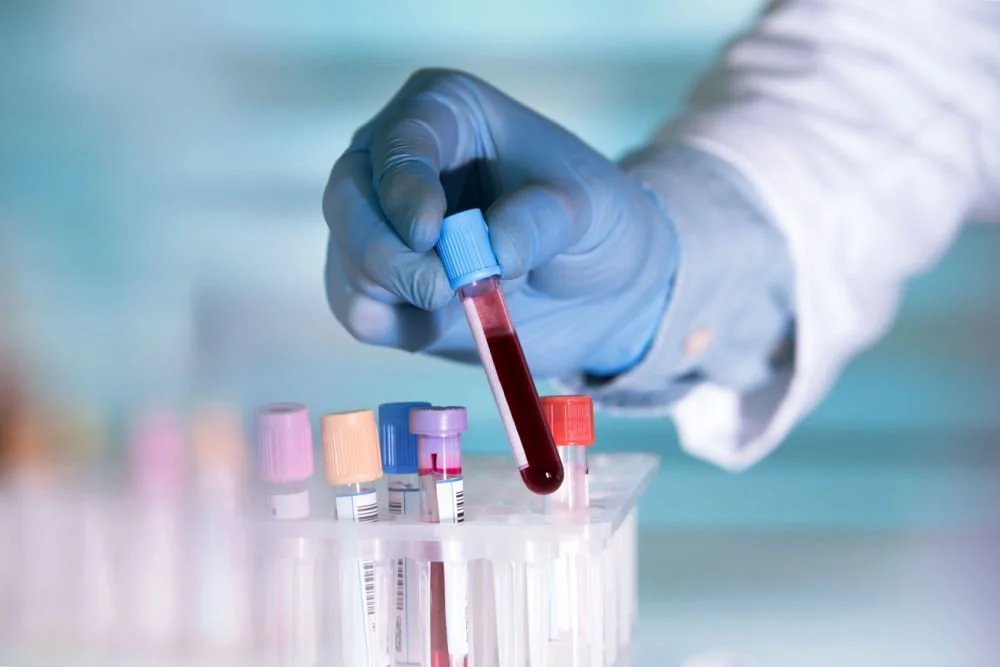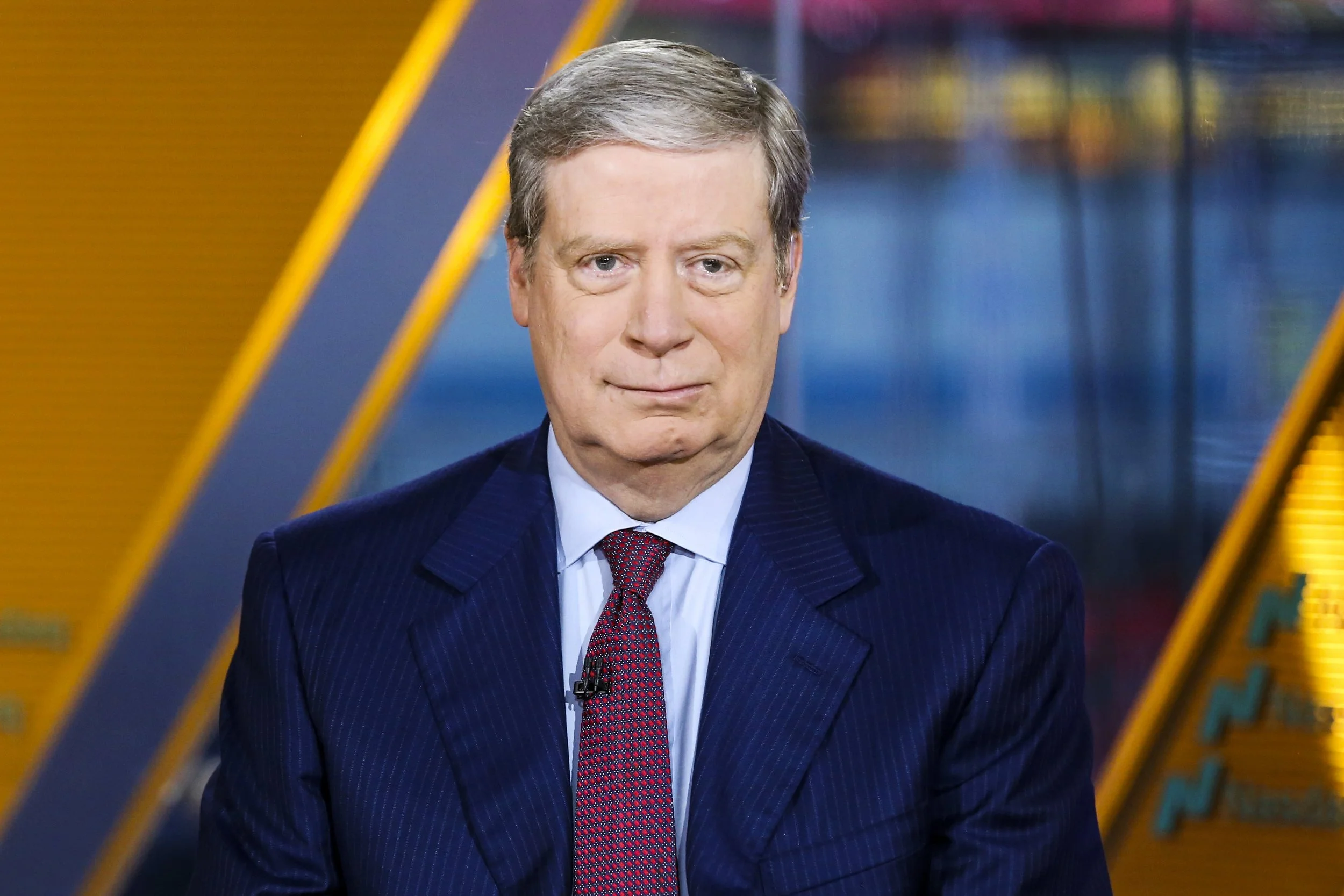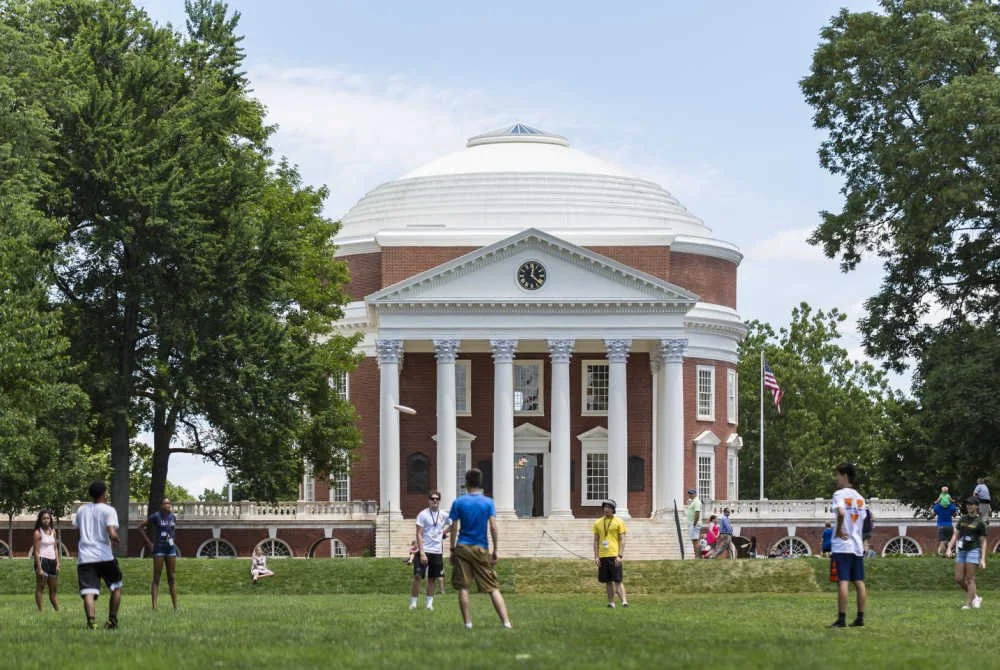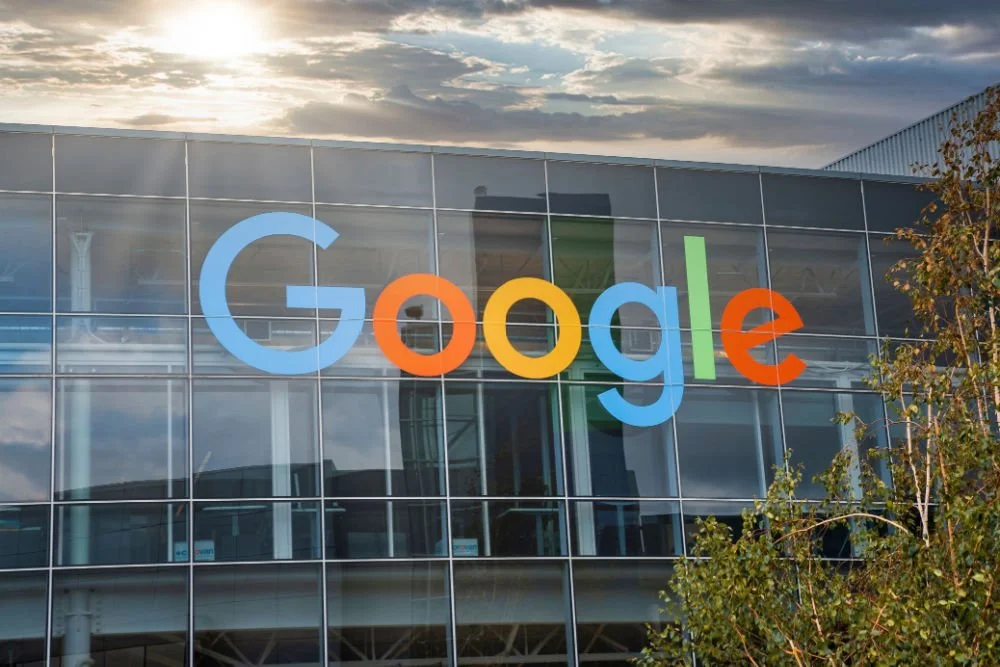“Expedite the Translation.” A Billionaire Keeps the Big Gifts for Medical Research Flowing
/ThePhotosite/shutterstock
A little over two years ago, in a piece looking at Ukraine-born, London-based billionaire Len Blavatnik’s burgeoning giving, we had the sense that something big was on the horizon.
All of the signs were there. With a $25 million gift to Carnegie Hall, Blavatnik had been ramping up his giving through his Blavatnik Family Foundation. Historically, he had shown a particular interest in promising bankrolling scientific research at colleges and universities. He also had plenty of money to burn—at the time, his net worth stood at $15.7 billion.
Now comes word that Blavatnik’s foundation has awarded $200 million to Harvard Medical School, earmarked for research and investment in data science.
The Blavatnik Institute at Harvard Medical School is named in recognition of this gift, the largest in the school’s 236-year history. It is an “umbrella research organization that will encompass and give unique identity to the pioneering work of our 10 basic science and social science departments.”
It’s also the Blavatnik Family Foundation’s largest gift to date, eclipsing its $125 million donation to establish the Blavatnik School of Government at Oxford University in 2010.
Kickstarting Medical Innovation
The gift echoes what is arguably the primary characteristic of Blavatnik’s giving: If he's sufficiently impressed with a promising yet underfunded field of medical research, he’ll reach for his checkbook. Consider his previous support for Yale, Harvard and Columbia.
Back in 2013, he gave Yale $10 million to fund work by immunobiologists Ruslan Medzhitov and Richard Flavell and their pioneering studies on inflammation and chronic disease. That same year, he gave Harvard $50 million to create the Blavatnik Biomedical Accelerator at Harvard and the Blavatnik Fellowship in Life Science Entrepreneurship at Harvard Business School. (Blavatnik earned his MBA from Harvard Business School in 1989.)
Three years later, his family foundation gave Yale another $10 million to support the Blavatnik Fund for Innovation at Yale, designed to “bridge the gap between life sciences research and business and to accelerate the commercialization of groundbreaking, investigator-initiated discoveries.”
And earlier this year, he gave his alma mater Columbia $10 million to fund research at the intersection of engineering and health and to move new breakthroughs to market.
The drive to accelerate the development of promising treatments and time-to-market also underpins his $200 million gift to Harvard.
“I’ve seen how well-thought-through partnerships and synergies can make business investments thrive,” Blavatnik said in a statement. “Drawing on that experience, this gift is designed to encourage additional cross-disciplinary efforts throughout the Harvard life science community.”
Big Gift, Familiar Questions
In a recent post looking at Michael Bloomberg’s $1.8 billion gift to Johns Hopkins University, I called attention to the tricky moral calculus of mega-gifts awarded to rich universities. Contrarians like Malcolm Gladwell argue that these schools don’t need the money, and related news out of Cambridge does little to dispel this notion.
Blavatnik’s gift came just weeks after Harvard Medical School announced it had raised $789.4 million in its “heavily research-focused capital campaign,” blowing past its original goal of $750 million. Donors to the campaign included hedge fund billionaires Bill Ackman and Leon Black. What’s more, Blavatnik’s gift is separate from Harvard Medical School’s campaign.
And in September, Harvard’s fundraising campaign hit a staggering $9.62 billion total. Its endowment stands at just north of $37 billion.
By giving $200 million to Harvard—and I’m paraphrasing Gladwell here—Is Blavatnik (figuratively) setting his money on fire?
That’s a stretch. Gifts that aim to speed time to market for promising areas of research, particularly at a time when funding for the National Institutes of Health remains flat, suggests this isn’t a zero-sum game. Donors are stepping in to fill the gap, and gifts like Blavatnik’s, which, among other things, seeks to accelerate the development of promising cancer treatments, arguably benefit society as a whole—even if the money’s going to Harvard.
It’s worth noting that federal agencies like the NIH and National Science Foundation make around a half-billion dollars a year in grants to support research at Harvard. Few people criticize this heavy flow of tax dollars to America’s richest university; on the contrary, it’s often argued that the government should be investing far more in research. Yet when a billionaire like John Paulson makes a $400 million gift to back scientists at Harvard, big philanthropy critics like Gladwell and Dylan Matthews call it a waste of money. That doesn’t make a lot of sense.
What does make sense, though, is rising concern about the influence of mega-donors in many spheres of U.S. society, including higher education, in an era when government is in decline. These donors are rightly facing greater scrutiny into the recipients of their largesse, the sources of their wealth, and political and business associations. Recent examples of this phenomenon include pushback to gifts from philanthropists like the Mercer family, the Koch brothers and the Sackler family.
Blavatnik, meanwhile, has come under fire for alleged corporate abuses, connections to the Putin regime (although Blavatnik told The Guardian in September 2017 he has not communicated with Putin since 2000), and allegations that his giving to the Republican Party during the 2016 campaign may have related to Russian efforts to sway the election for Trump.
Is it a coincidence that Len Blavatnik has now made his largest gift ever to a high-profile elite institution, after a period when his name popped up in media reports about Robert Mueller’s probe into possible collusion between Russia and the Trump campaign?
Who knows? But it’s hard to imagine that Harvard’s high command didn’t at least consider how the university’s association with Blavatnik could become an issue down the line.
(A spokesperson for Blavatnik told NBC News in September that: “Len Blavatnik has been an American citizen for 35 years, and in that time, he has donated to both the Democratic and Republican parties, as well as to presidential candidates. His donations reflect his support for a pro-business agenda and have always been made directly, in line with regulations.”)
The broader point is that people are now watching very closely where philanthropic money is coming from and where it is going, more so than we’ve seen in a very long time. Expect this level of scrutiny to intensify as mega-donors step up their giving and expand their influence across all facets of American life.
As for Blavatnik, more big gifts are almost certainly on the horizon. His net worth now clocks in at $16.5 billion. He’s only 61. And it’s safe to say that as you read this, various research institutions are working on promising treatments worthy of his future support.
“It has long been my goal to support innovative, breakthrough scientific research and to expedite the translation of scientific discovery into treatments and cures,” Blavatnik said. “Harvard Medical School, with its unparalleled history of scientific achievement, creativity and science entrepreneurship, is the ideal partner to further this dream.
“I am confident that the School will make the most of this gift to build on its tradition of scientific greatness in the years ahead.”







































